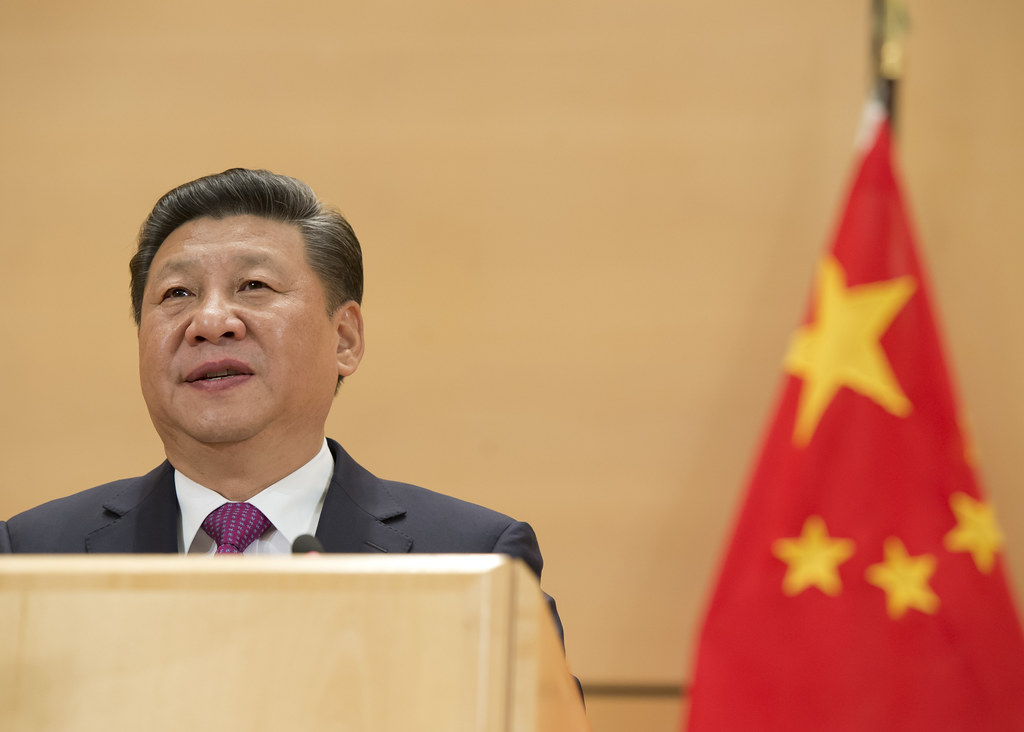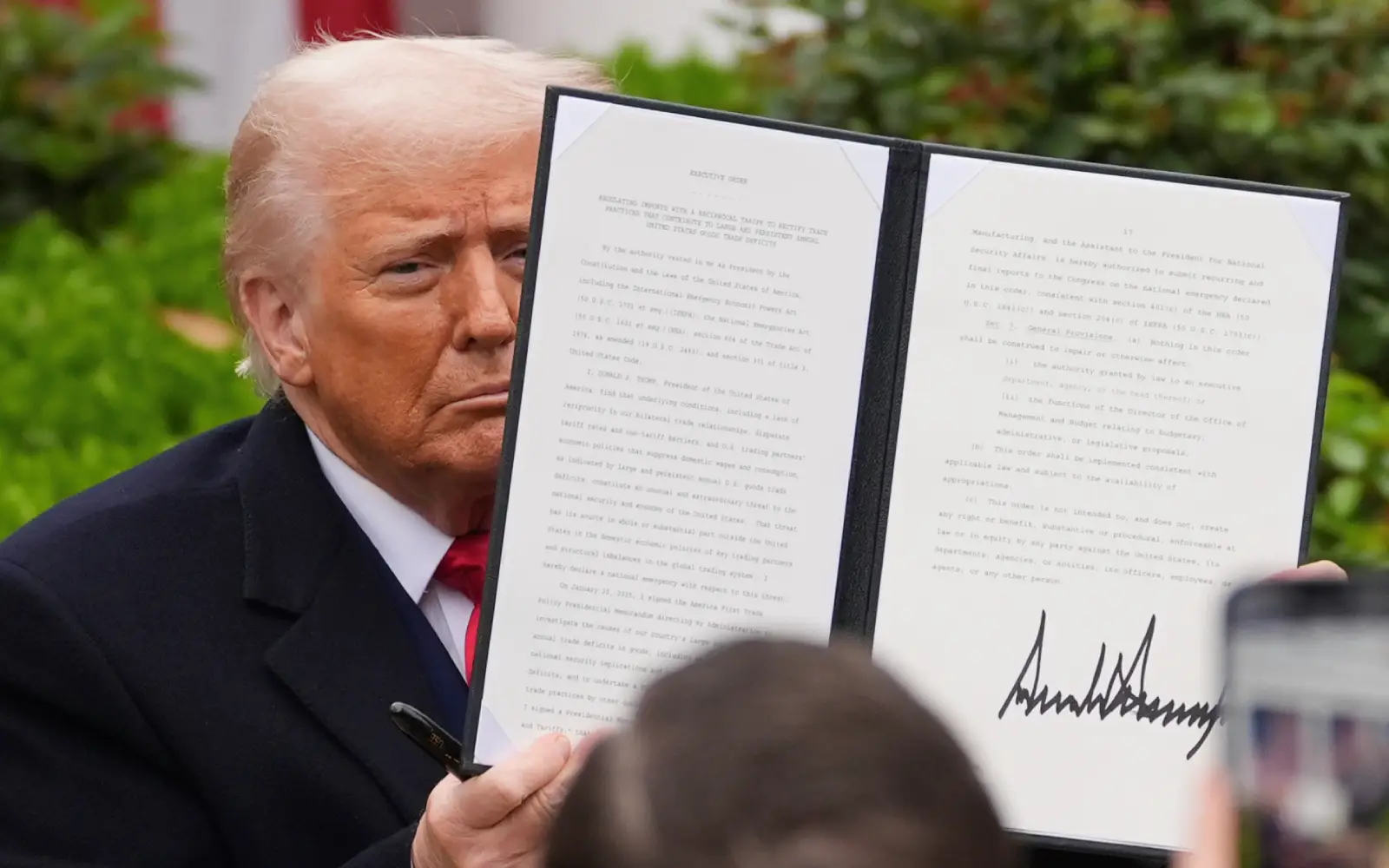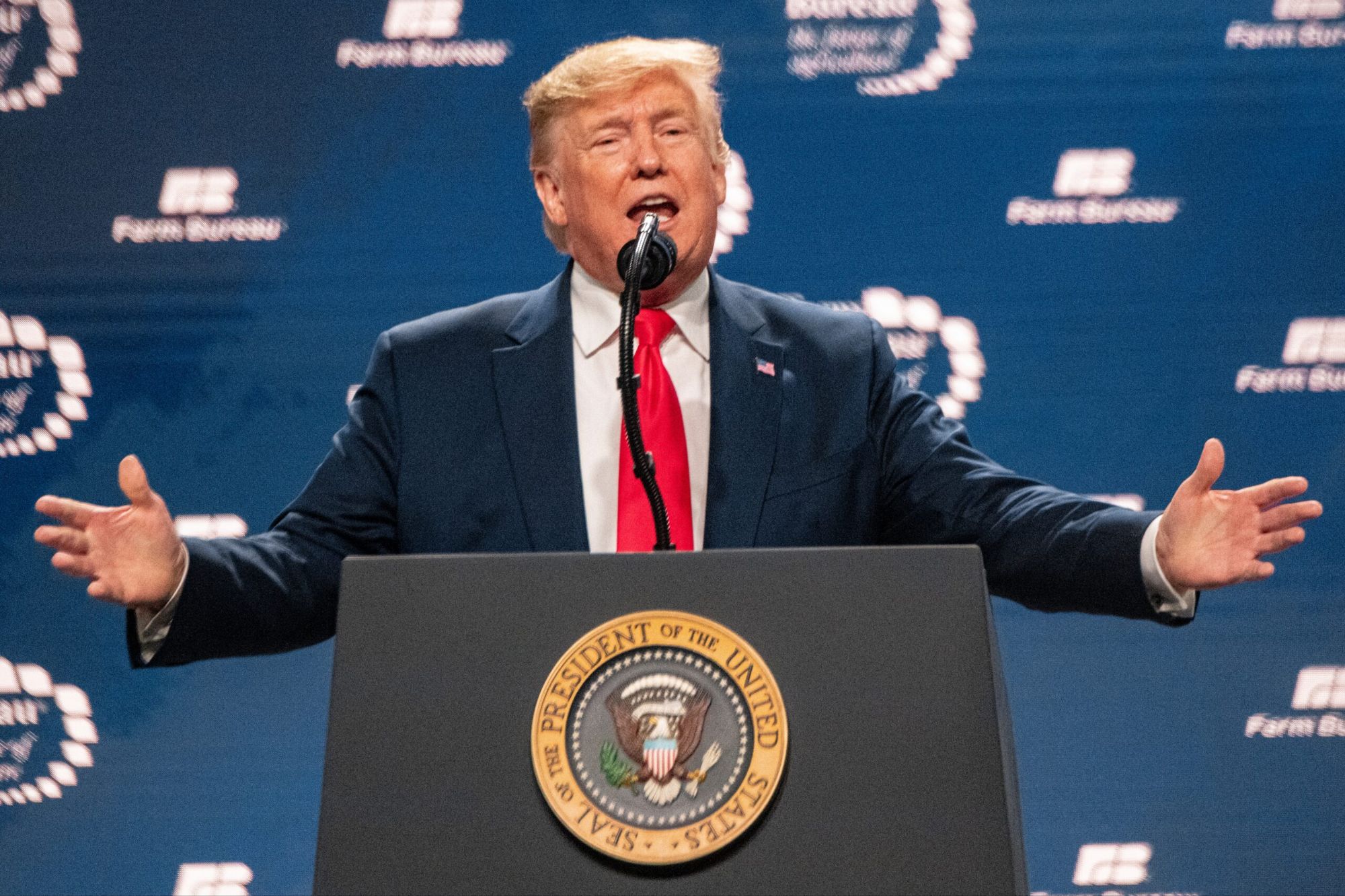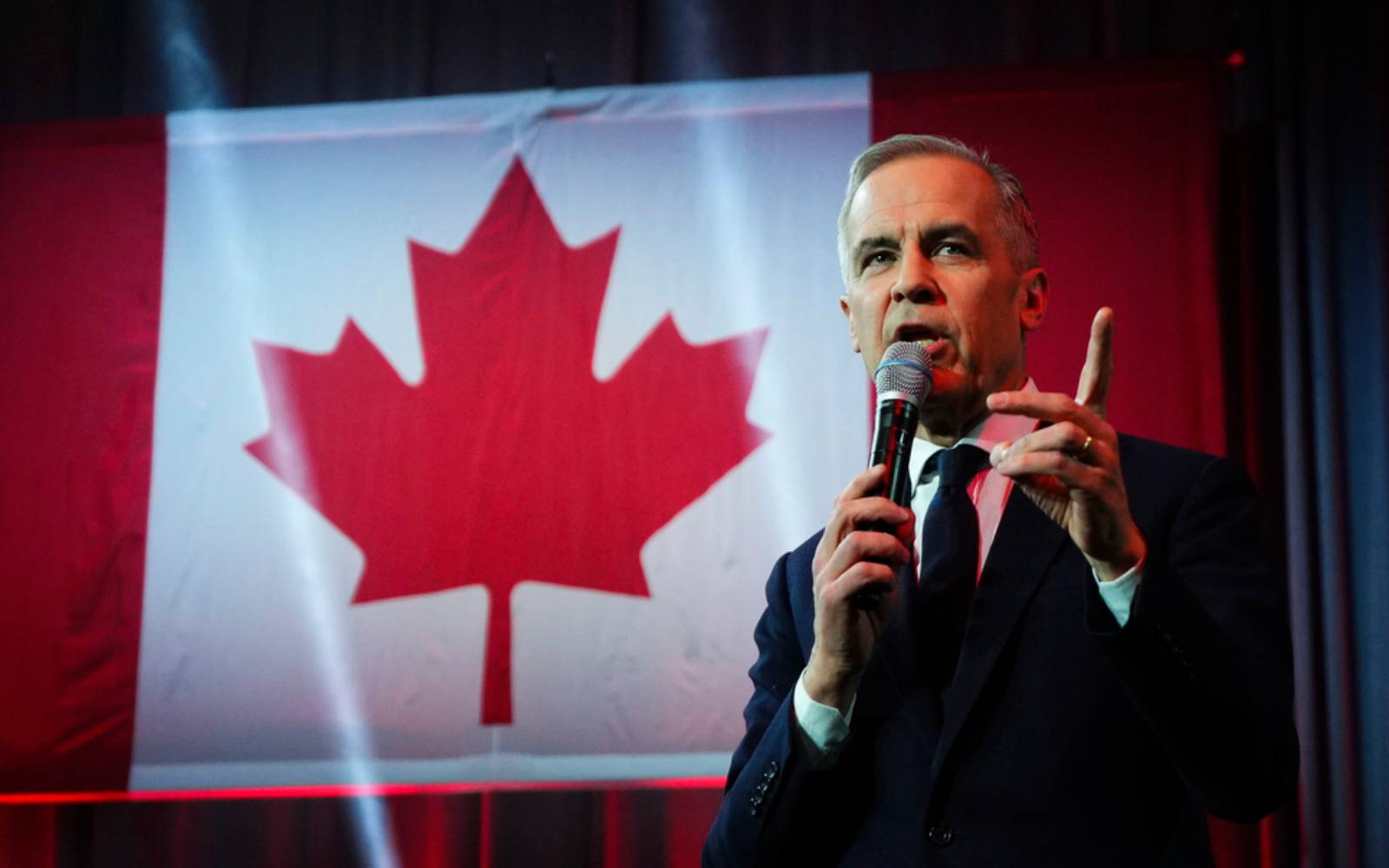A Public Rift Exposes a Deepening Divide
Tensions between the United States and Ukraine reached a breaking point during a heated Oval Office meeting between President Donald Trump and Ukrainian President Volodymyr Zelenskyy on February 28, 2025. What was meant to be a diplomatic discussion about continued U.S. military aid quickly devolved into a confrontation, laying bare deep fractures in the alliance. The meeting, which was expected to reinforce American backing for Ukraine’s war effort, instead signaled a potential shift in U.S. foreign policy, one that could leave Kyiv without its most powerful military ally.
According to sources close to the discussion, Trump demanded that Zelenskyy pursue a negotiated settlement with Russia, reportedly stating, “You’re either going to make a deal, or we’re out.” The ultimatum, delivered with little room for negotiation, comes amid growing speculation that the Trump administration is actively reconsidering military assistance to Ukraine. Vice President J.D. Vance, a longtime skeptic of U.S. involvement in the conflict, reinforced Trump’s stance, reportedly questioning Zelenskyy’s expectations of continued support, asking, “How much more do you expect from us?”
Zelenskyy, unwilling to concede under pressure, forcefully pushed back. He warned that forcing Ukraine into a peace deal while Russian forces still occupy Ukrainian territory would amount to surrender. Ukrainian officials have long argued that any agreement reached without a full Russian withdrawal would be a betrayal of Ukraine’s sovereignty and a dangerous precedent for future conflicts. But with Trump making it clear that American support is no longer a guarantee, Ukraine now faces the possibility of waging its war for survival without the direct backing of the United States.
A Radical Shift in U.S. Foreign Policy
The Oval Office confrontation is the clearest indication yet of a fundamental shift in U.S. foreign policy under Trump’s leadership. While the Biden administration had provided unwavering military assistance to Ukraine, the Trump White House has signaled that it no longer considers the war a strategic priority. Just days before the meeting, the United States declined to support a United Nations resolution condemning Russia’s invasion—a stark departure from the unified stance the U.S. had previously taken with its NATO allies.
Further raising concerns, multiple reports have surfaced suggesting that the Trump administration has engaged in backchannel discussions with Moscow, exploring potential economic arrangements regarding rare earth mineral extraction in Russian-occupied Ukrainian territory. Such a move would suggest that U.S. policy is shifting from strategic military backing of Ukraine to a more transactional, resource-driven approach, one that could see Washington prioritize economic interests over its commitments to allies.
The shift has already rattled European leaders, who fear that Trump’s distancing from Ukraine could embolden Russia. In Brussels, NATO officials scrambled to respond to the uncertainty, with some European nations considering how to increase their own military support should the U.S. scale back its role.
A Precarious Future for Ukraine
The consequences of a U.S. withdrawal from Ukraine aid would be severe. For nearly three years, Ukraine has relied heavily on American weapons, intelligence, and financial assistance to sustain its war effort. The potential loss of this support would put Kyiv in an incredibly vulnerable position, forcing it to wage war with significantly fewer resources.
Without U.S. military backing, Ukraine would be left with no choice but to rely more heavily on European allies, who—despite increasing their own military aid—lack the sheer firepower and logistical capabilities that the U.S. provides. The prospect of a weakened Ukraine would also embolden Russia, potentially leading to renewed offensives in contested regions.
Beyond the battlefield, Trump’s hardline stance places additional pressure on Zelenskyy’s government. If the U.S. does scale back its support, Zelenskyy may face growing pressure from within Ukraine to explore diplomatic options—even ones he previously dismissed as unacceptable.
Was Trump’s Ultimatum a Negotiating Tactic or a True Policy Shift?
One of the biggest unanswered questions following the Oval Office clash is whether Trump’s threats represent a genuine policy shift or a calculated negotiating tactic. Throughout his presidency, Trump has repeatedly advocated for reducing U.S. involvement in foreign conflicts, particularly those he sees as costly and unnecessary. His statements to Zelenskyy align with his long-standing view that America should not bankroll wars without direct benefits to the U.S.
However, it remains unclear whether Trump would fully cut off aid to Ukraine or whether his remarks were meant to pressure Zelenskyy into considering a diplomatic resolution that benefits U.S. interests. Some analysts believe Trump may be using the threat of withdrawal as leverage to extract concessions from Ukraine, possibly in the form of resource agreements or trade deals.
A Critical Moment for Ukraine and Global Stability
The coming weeks will be crucial in determining the future of U.S.-Ukraine relations and the broader geopolitical balance in Europe. If Trump follows through on his threats and reduces or cuts off military aid, Ukraine will be forced to reconsider its military strategy and potentially explore diplomatic options that had previously been off the table.
If European nations fail to fill the void left by the U.S., Russia may see an opportunity to expand its territorial ambitions, testing NATO’s resolve and pushing further into Ukrainian-held territory. The decision by Trump to pivot away from Ukraine could have ripple effects beyond Eastern Europe, signaling to other U.S. allies that American commitments are no longer guaranteed under his administration.
For now, Ukraine is left in an incredibly precarious position—fighting a war for survival while uncertain of whether its most powerful ally will remain in its corner. Trump’s presidency is once again reshaping the world order, and for Ukraine, the stakes could not be higher.














2 thoughts on “Trump and Zelenskyy’s Oval Office Clash: U.S. Support for Ukraine in Jeopardy”